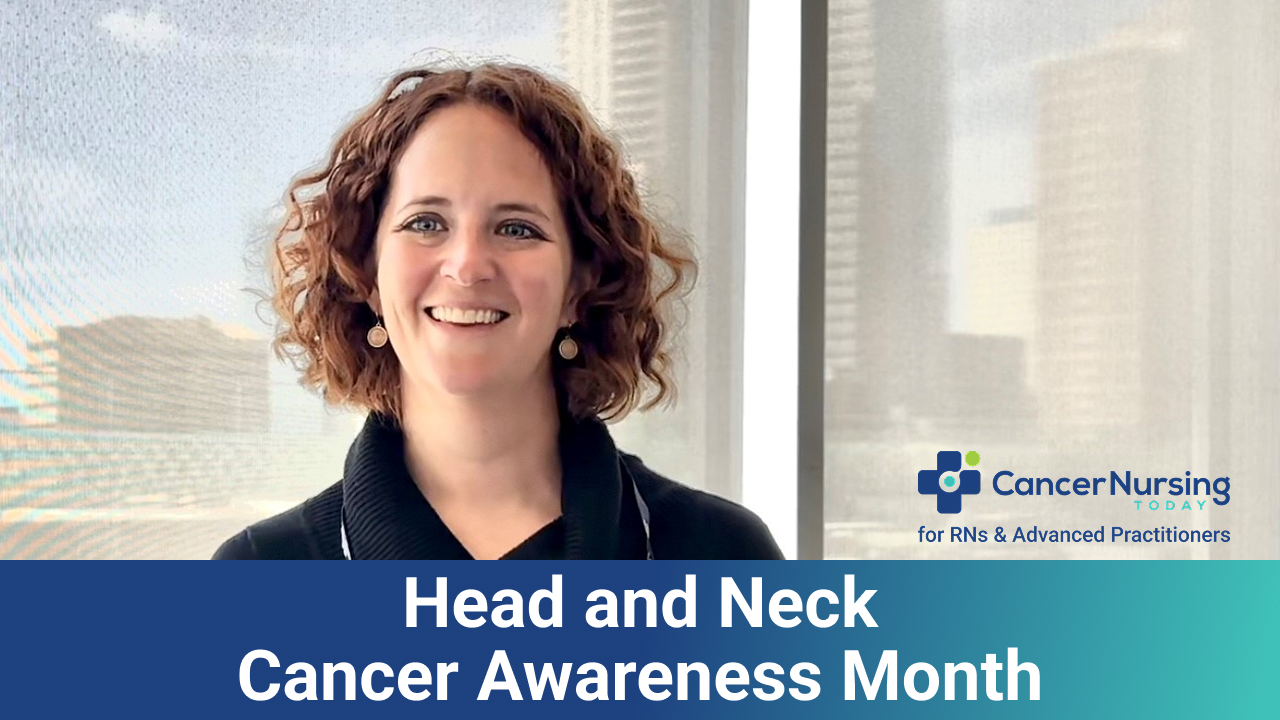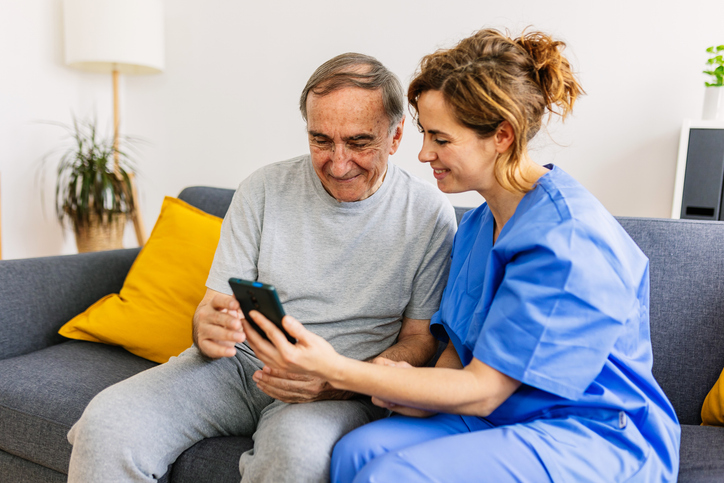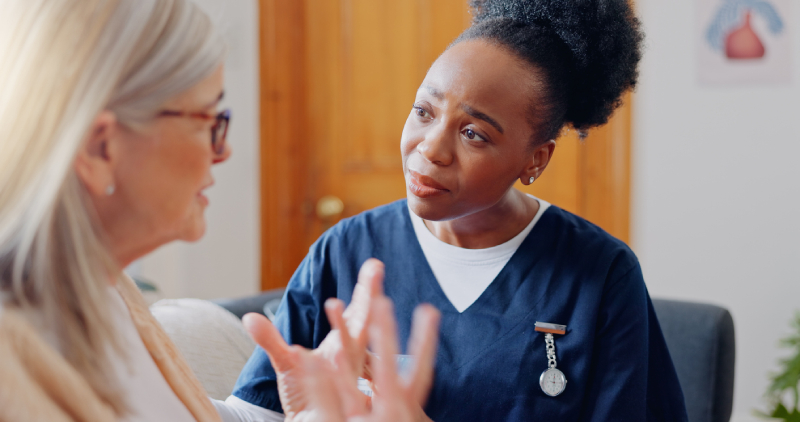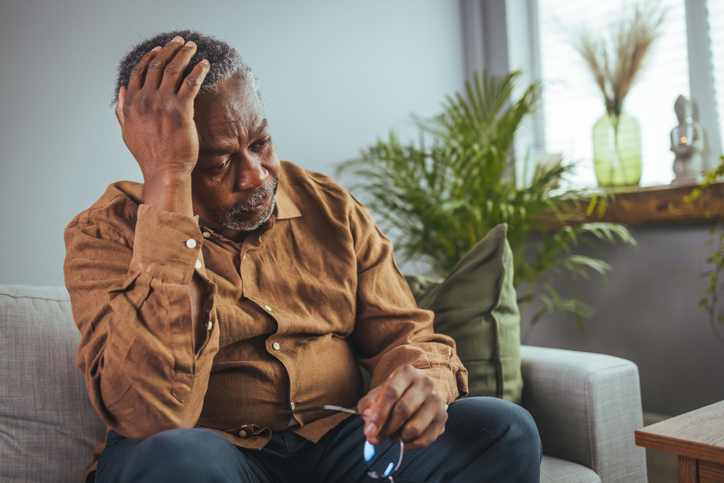Patient Voice
Advertisement
The analysis shows that certain social factors may affect GVHD risk and severity.
Melissa Cooke, MS. CCC-SLP, of the Head & Neck Cancer Alliance, reflects on the importance of the annual observance.
Mayorga identified and evaluated incongruencies between documentation in clinical practice and fall-risk compliance.
Patients with colorectal cancer and their caregivers often face psychoneurological symptoms that can affect quality of life.
It's critical for oncology nurses to ask patients certain questions about their morning and evening fatigue levels.
Research presented at the NCCN Annual Conference illuminated patient experiences with tyrosine kinase inhibitors.
A study presented at the NCCN Annual Conference shed light on the perspectives of patients and healthcare professionals.
The study revealed domains not represented in existing GVHD- or dermatologic-specific patient-reported outcome measures.
Last year, the research team presented on the reliability of the measure, while this year's presentation focused on validity.
Learn how social support and self-esteem are connected with sense of masculinity in older patients with prostate cancer.
Learn how improved communication and education about sexuality can improve prostate cancer treatment for patients.
The researchers investigated the likelihood of timely surgery for patients with breast cancer among diverse Asian subgroups.
A recent study offers perspectives from patients and healthcare professionals on telemedicine visits in RCC clinical trials.
Martha Raymond, MA, of the GI Cancers Alliance, shares insights from a yearlong study that gathered patient perspectives.
A recent survey provides key insights into patient experiences with MIBC treatment and diagnosis over the past decade.
The aim of the research was to assess the combination of epirubicin and mindfulness to treat negative psychological symptoms.
Patients with kidney cancer desire more involvement and shared decision-making with clinicians about their treatment options.
Anna Barata, PhD, shares key insights from the CAR-T research that she presented during the 2025 Tandem Meetings.
Learn how nurses can help patients with CRC address self-perceived feelings of being a burden to spousal caregivers.
The Lee Symptom Scale for skin sclerosis was informed by patient interviews and feedback.





















 © 2025 Mashup Media, LLC, a Formedics Property. All Rights Reserved.
© 2025 Mashup Media, LLC, a Formedics Property. All Rights Reserved.